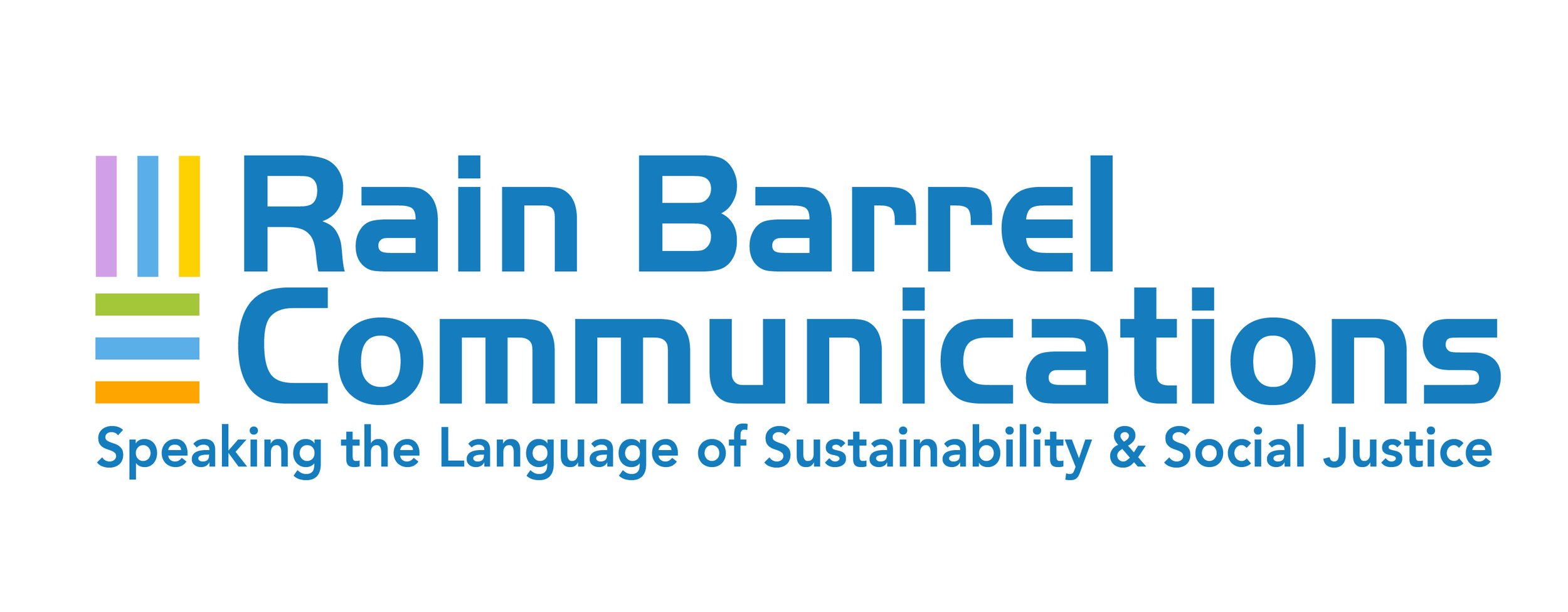How to Effectively Manage Remote Work in the Time of COVID-19
The COVID-19 pandemic has disrupted how we work and maybe things will not go back to how they were. Abruptly transitioning to fully online remote work has brought many acute challenges that organizations and people have to adapt to.
Here, Rain Barrel Associates Waithira and Gorana take a moment to reflect on the challenges of remote work and share tips on how to work effectively online.
What are the challenges of moving from office and face-to-face to remote and online work?
WAITHIRA: Initially, remote work did not look like it was going to be a long-haul change. I could not quite comprehend what it would mean, so there was a lot of anxiety during the transition. Then there was uncertainty as it looked like remote work could last for quite a while. After that, I was panicked to realize I was not on top of the game in terms of technological tools and there was a need to quickly come up to speed. Now I am calm and making long-term plans, followed by the acceptance that the work life will not go back to what we once knew.
“Now I am calm and making long-term plans, followed by the acceptance that the work life will not go back to what we once knew.”
- Waithira
GORANA: I have missed face-to-face encounters with partners, associates and clients. COVID-19 has not only changed the way we work, but has also brought an atmosphere of uncertainty into planning and implementation of activities in our professional and personal lives. The technology that has helped us connect in new ways was necessary, and it takes fast learning to adapt to the capabilities of each application.
What are some tips about working fully online that you would like to share?
WAITHIRA: It is important to have a routine, which includes exercises indoor and outdoors. Schedule frequent breaks, as working online is tiring and requires a lot more energy. Keep in touch with family and friends. Consider starting a few hobbies that you can do at home, such as painting, coloring, home gardening, learning a language, playing a musical instrument, trying out new recipes or writing down and testing those recipes you have been meaning to write. If you live alone, get a pet if you can. Keep up with the technology.
GORANA: During online meetings, turn on the camera. I like how sometimes people also drink coffee or tea during an online meeting. It makes online conversations/meetings more humane. Using your mobile phone's headphones normally gets you a better sound and does not pick up so much ambient noise that could be present in your surroundings. Try to stay relaxed with different controls that different applications have. Be patient with others in the conversation when they are trying to do something with online meeting applications.
How do you think COVID-19 will change the future of work in the international development sector going forward?
WAITHIRA: While many international organizations take a long time to change the old ways of doing things, it is my hope that they will take this opportunity to make some lasting changes.
Some of the changes include:
Less travel and more virtual meetings
Working remotely will be more acceptable
Performance assessments based on deliverables and competence will become the norm
Change in people management
Fewer staff and more consultants or part-time personnel/outsourcing
Emulating more private sector business models
Pay more attention to resilience strategies for both staff and the organization
More flexible policies and procedures
GORANA: I am not sure; this question feels so complex. I guess that will depend on individual and organisational efforts to capture and understand the lessons learned from this period and willingness to make the changes in the future. I hope that one of the lessons learned will be about the importance of communication and the strategic position it should have within planning, implementation and monitoring and evaluation processes. As we have seen, communication should not be an afterthought. Lancet captured and wrote about it here.
“I hope that one of the lessons learned will be about the importance of communication and the strategic position it should have within planning, implementation and monitoring and evaluation processes.”
- Gorana
What is one thing that you miss about working with people in person?
WAITHIRA: The impromptu ‘pop in the office’ visits. Coffee, lunch and after work drinks with colleagues. Generally having more people around. Bumping into people around the corridors/elevator and having small talks about trivial things and also learning some important things in the process.
GORANA: I miss seeing and experiencing people in their wholeness.
Anything else that you would like to share?
GORANA: We rely so much on the technology in our lives that sometimes it is so hard to imagine that we lived and worked in different ways too. We get frustrated if something doesn't happen within seconds. Let us be patient with ourselves and the world as we learn together how to cope, adapt and change.

